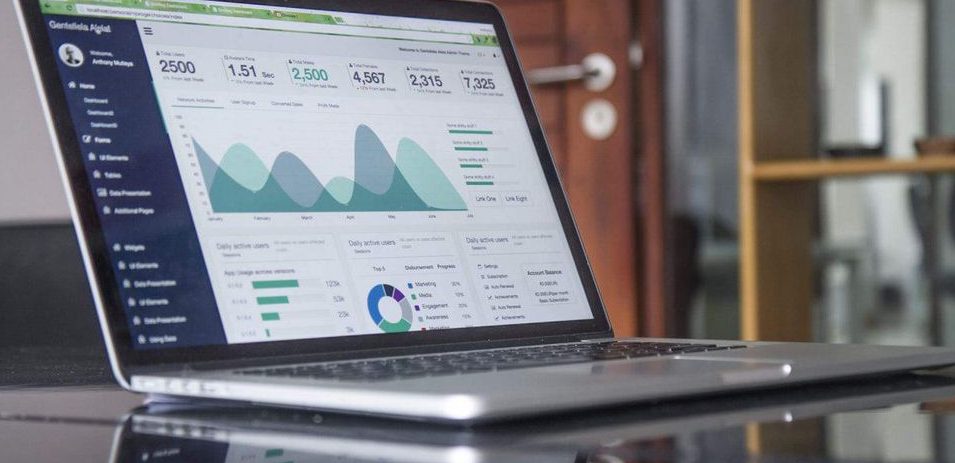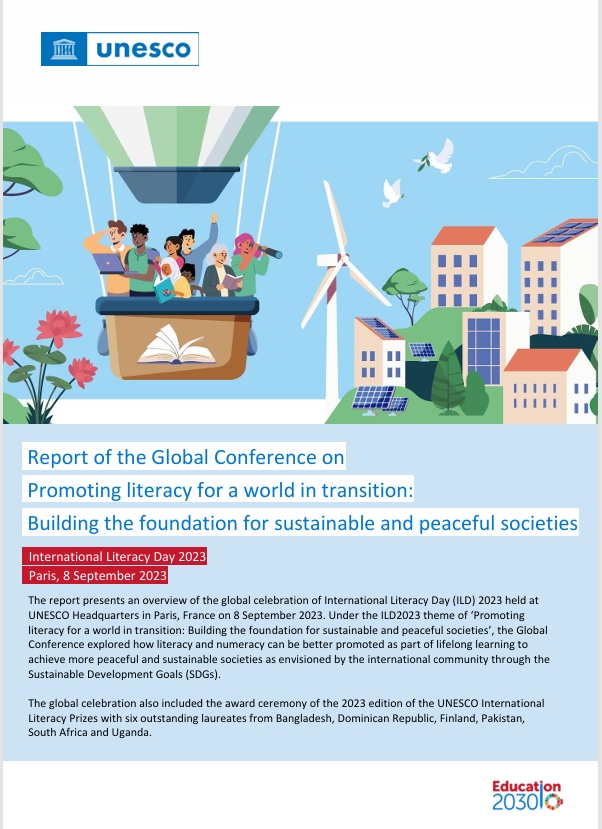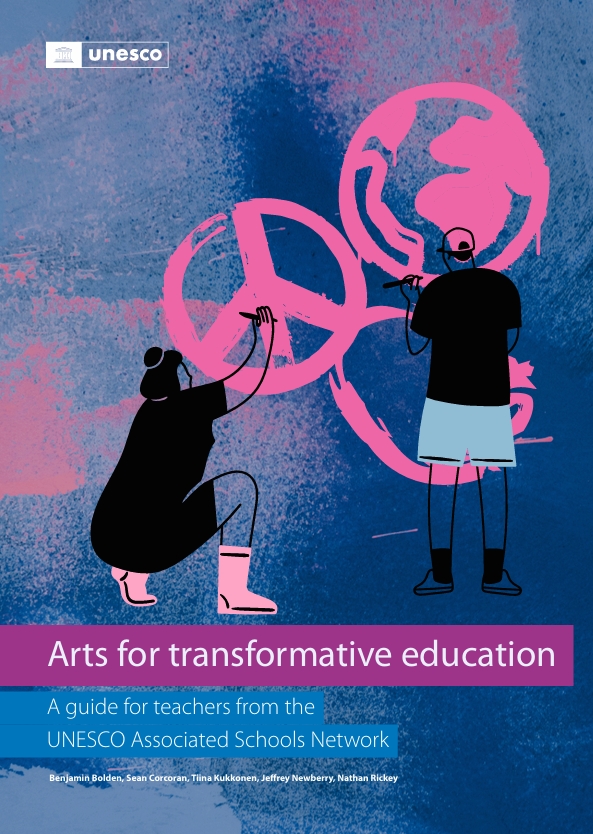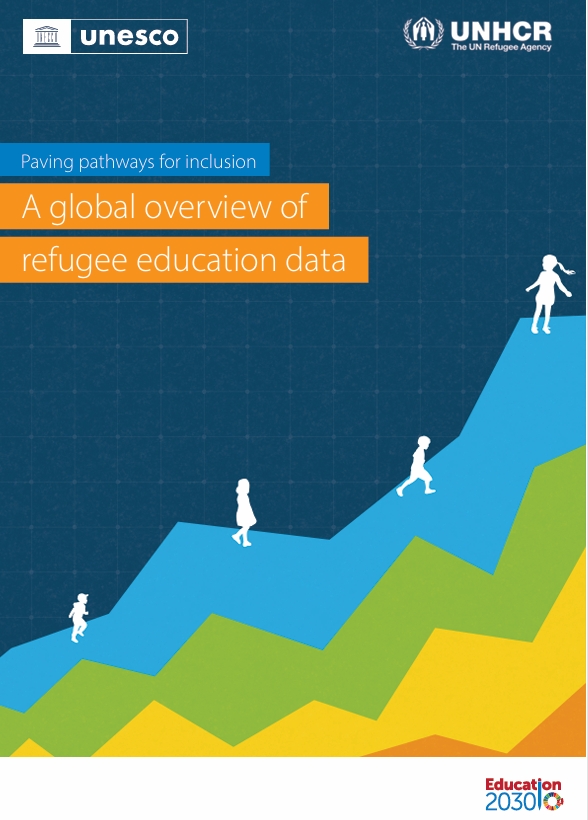Story Source: Forbes ~ Go to Original Article
The social enterprise is on the rise—a signal of a broader shift in consumer culture and a growing expectation that private companies will make a positive impact on the world. But, how do we measure impact? For years, business leaders have clamored for actionable, often automated, data to measure the return on investment (ROI) of their initiatives. As a result, the business world has become infused with the buzzword, “data-driven.”
Measuring the effectiveness of solutions on outcomes is important for all businesses, but it is particularly critical for companies whose outcomes are intended to improve our society……………………..






